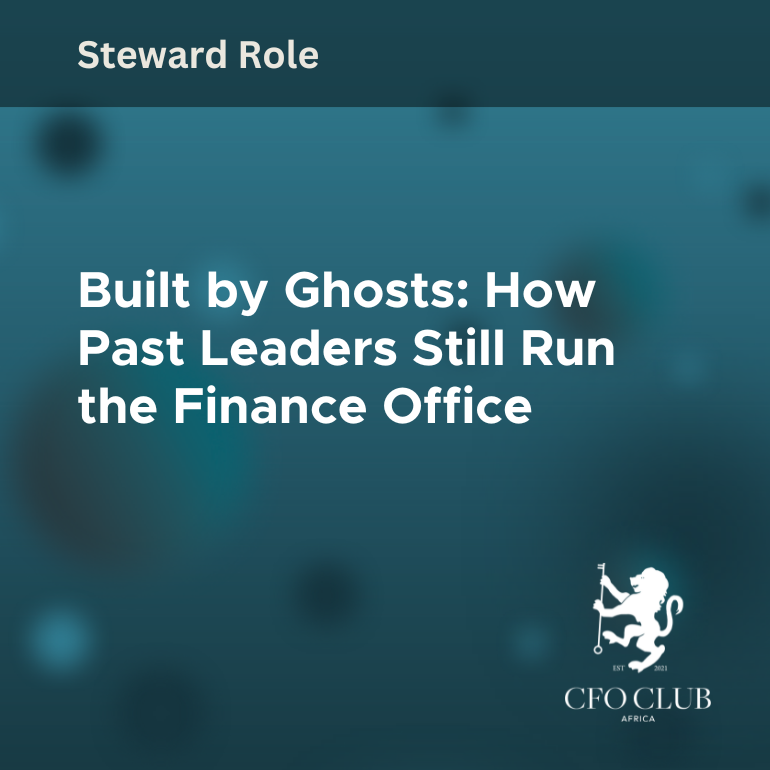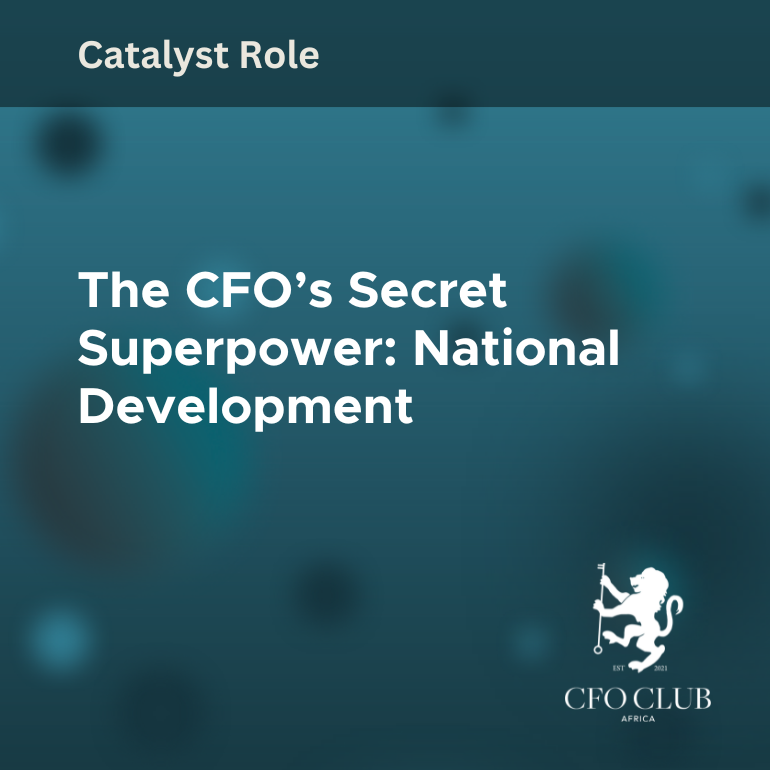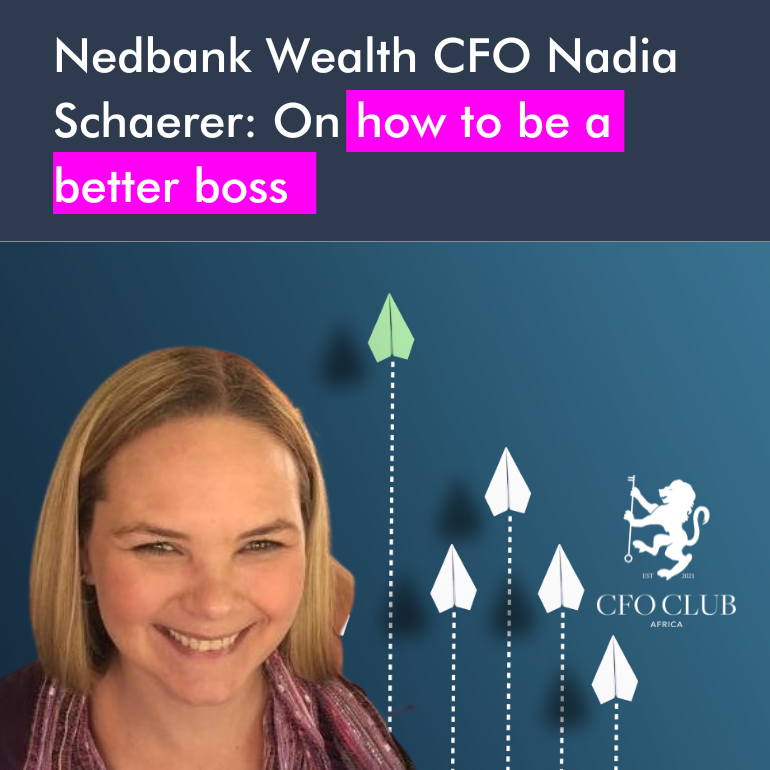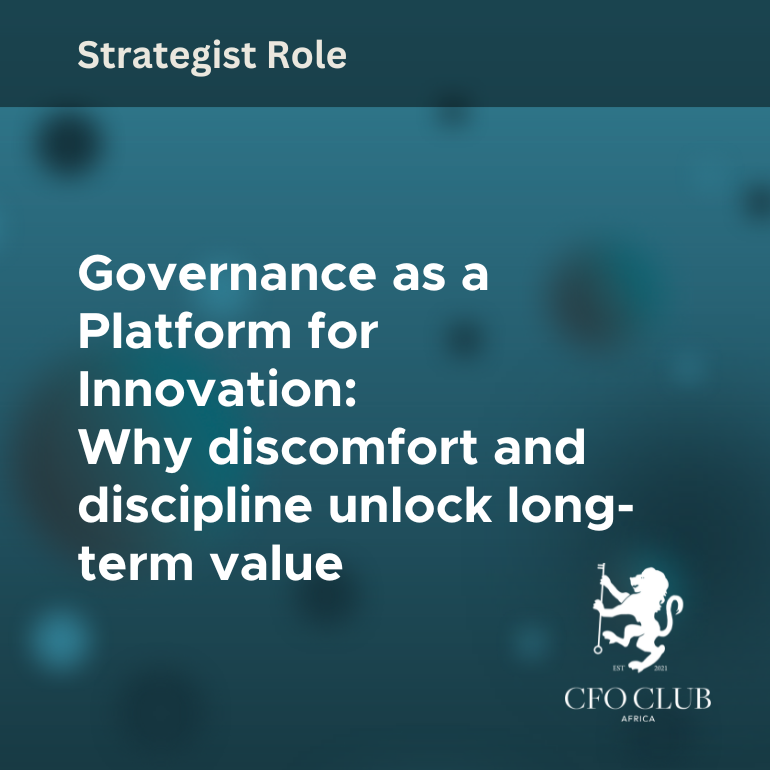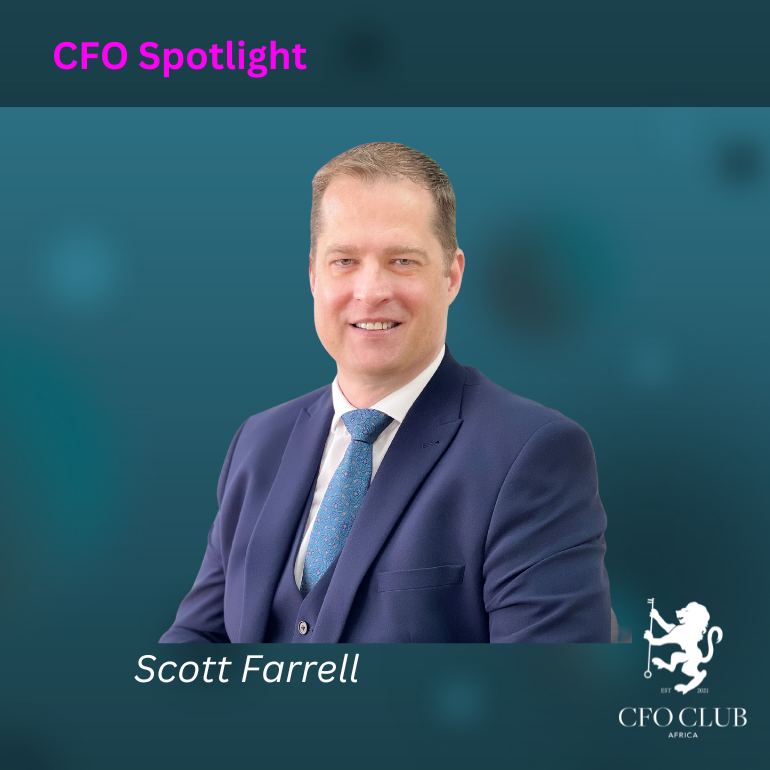Built by Ghosts: How Past Leaders Still Run the Finance Office
Built by Ghosts: How Past Leaders Still Run the Finance Office
No one arrives in the CFO seat without help. Somewhere along the line, someone gave you a break. Someone shared context you weren’t yet ready to see. Someone offered a challenge you didn’t yet know you could handle – and then stood back to let you rise.
We tend to credit experience, qualifications, and technical mastery for career progression in finance. But what often gets overlooked is how much of that growth is shaped by people who came before us. Leadership is not formed in isolation. It is inherited, observed, and, eventually, passed on.
Mentorship in the finance profession isn’t about checklists or structured development plans. It’s something far more human. It’s the consistent, intentional way senior leaders create space for others to grow. And its influence can stretch further than any job title or performance metric ever will.
Real Mentorship Happens Quietly
Most CFOs can trace back their journey to key turning points – a moment when they were trusted with more than their role required, when they received an honest piece of feedback, or when someone senior advocated for them behind closed doors.
That’s what real mentorship often looks like. Not formal programmes or coffee catch-ups, but someone who sees potential and gives it space. Someone who invites you into strategic discussions even if you’re the most junior person in the room. Someone who offers perspective after a difficult meeting – not to correct you, but to help you make sense of the moment.
Finance is a high-accountability profession. Deadlines are tight, expectations are high, and scrutiny is constant. So when a leader takes the time to mentor, it signals something important: that people matter just as much as performance.
Leadership Is Learned, Not Inherited
By the time someone steps into a CFO role, they’re expected to lead through ambiguity, communicate with clarity, and manage a wide range of stakeholders. These skills aren’t acquired in technical training. They’re developed through exposure, reflection, and good guidance.
Mentors play a critical role in helping future leaders develop commercial judgement, emotional intelligence, and the ability to see beyond compliance. They encourage you to ask better questions, understand the story behind the numbers, and recognise when it’s time to shift from being the subject-matter expert to the strategic partner.
They also help finance professionals expand their thinking. Good mentors don’t just ask, “Did you finish the report?” They ask, “What impact will this have on the business?” That shift – from task-focused to impact-oriented – is a major step on the path to CFO-level thinking.
Succession Planning Starts Long Before the Vacancy
In many businesses, succession planning is seen as a formal HR process. But in reality, it begins the moment a senior leader takes an interest in someone’s development. That’s mentorship. It’s the informal, continuous work of shaping people long before any vacancy appears.
Some of the best leaders don’t just build their own legacy – they build others’. They identify talent early, expose people to broader business discussions, and give them the space to try, fail, recalibrate, and grow. This is especially critical in finance, where the leap from middle management to executive leadership is not only about capability but also about confidence.
Mentorship builds readiness. It doesn’t just prepare people for the next job. It prepares them to lead when the spotlight turns their way.
Culture Isn’t Taught. It’s Modelled.
Mentorship isn’t only about skill-building. It’s also about how leaders model culture. The way you behave as a CFO – in meetings, in pressure situations, in the way you handle difficult conversations – sets a tone. People around you are watching and learning.
This is how the culture of finance is transmitted. Not through vision statements, but through leadership behaviour. Mentors demonstrate what integrity looks like under pressure. They model calm decision-making when markets shift. They show that good leadership includes listening, patience, clarity, and the ability to say, “I don’t know” when it’s the truth.
In this way, mentorship becomes a form of stewardship. The values we pass on matter just as much as the strategies we implement.
Finance Needs a Mentorship Culture
Mentorship is not an individual achievement – it’s a cultural asset. In high-performing finance teams, mentoring isn’t something reserved for “talent” – it’s part of the way people lead every day.
That means senior finance professionals take time to explain decisions, to challenge thinking, to ask the next-level question. It means creating a team environment where asking for clarity isn’t seen as weakness, but as curiosity. It means making room for development, even when deadlines loom.
This culture doesn’t require fanfare. It requires consistency. If future CFOs are to lead with insight and responsibility, they need to be shaped by leaders who understand the full weight of that responsibility – and who are willing to pass it on.
Legacy Beyond the Ledger
The influence of a good mentor doesn’t show up in dashboards or board packs. It lives in the way a new leader finds their footing. In the way they hold themselves in difficult conversations. In the way they remember a line, a tone, a question they once received – and pass it on.
If you’re in a finance leadership role today, someone is learning from you. Whether you realise it or not, you’re shaping the next CFO. Your influence – how you lead, how you support, how you show up – is part of a longer arc of leadership development.
And when the day comes for you to step aside, your legacy won’t be the budgets you balanced. It will be the leaders you helped shape – quietly, consistently, and without needing the credit.
That’s the mentor effect. And it matters more than ever.

